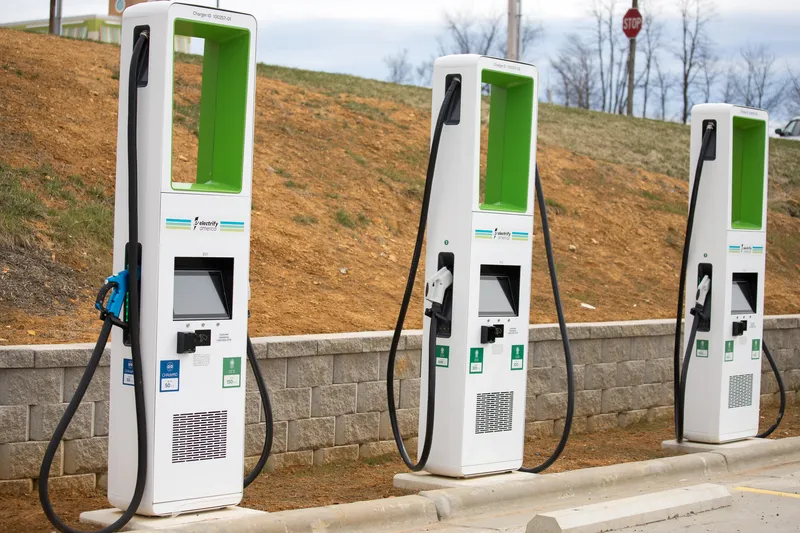Malaysia plans to spend a staggering US$50 billion to develop its rail network over the next seven years, including a high-speed rail linking Kuala Lumpur and Singapore set for 2020, and the urban mass rapid transit system that is rolling out in 2017.
Compared to developed countries where rail transport makes up a third of public transportation, Malaysia's share is less than four per cent.
September 12, 2013
Read time: 2 mins
Malaysia plans to spend a staggering US$50 billion to develop its rail network over the next seven years, including a high-speed rail linking Kuala Lumpur and Singapore set for 2020, and the urban mass rapid transit system that is rolling out in 2017.
Compared to developed countries where rail transport makes up a third of public transportation, Malaysia's share is less than four per cent.
Announcing the plans, Prime Minister Najib Razak said: "Once considered a dying industry, railroads have made a strong comeback and are poised to become busier passageways in the years ahead."
The government had invested over US$15 billion since 1990, he said.
"Now, more than ever, we are seeing a massive expansion of the rail network in Asia, including in Malaysia. In a sense, it is a resurgence of rail, as rail not only helped build many nations in their fledgling years, but now there is renewed interest in rail."
The MY Rapid Transit (MRT), when fully operational, will cover a distance of 150 kilometres and provide half of the public transport services in the Klang Valley. Commuter train services will also be expanded with the electrified double track railway. Spanning 1,000 kilometres from Padang Besar in the north, to Johor Bahru in the south, the project is expected to cost the government over US$13 billion.
Despite massive cost overruns and project delays, KTM, as well as the government, want the electrified double track rail to be ready two years ahead of the scheduled completion of the high-speed rail linking Kuala Lumpur and Singapore by year 2018.
Malaysia's technical team will begin discussions with its Singapore counterpart next month. Negotiations may take up to twelve months before the tender process begins. Construction is expected to begin by 2015, before the scheduled take off in 2020.
Compared to developed countries where rail transport makes up a third of public transportation, Malaysia's share is less than four per cent.
Announcing the plans, Prime Minister Najib Razak said: "Once considered a dying industry, railroads have made a strong comeback and are poised to become busier passageways in the years ahead."
The government had invested over US$15 billion since 1990, he said.
"Now, more than ever, we are seeing a massive expansion of the rail network in Asia, including in Malaysia. In a sense, it is a resurgence of rail, as rail not only helped build many nations in their fledgling years, but now there is renewed interest in rail."
The MY Rapid Transit (MRT), when fully operational, will cover a distance of 150 kilometres and provide half of the public transport services in the Klang Valley. Commuter train services will also be expanded with the electrified double track railway. Spanning 1,000 kilometres from Padang Besar in the north, to Johor Bahru in the south, the project is expected to cost the government over US$13 billion.
Despite massive cost overruns and project delays, KTM, as well as the government, want the electrified double track rail to be ready two years ahead of the scheduled completion of the high-speed rail linking Kuala Lumpur and Singapore by year 2018.
Malaysia's technical team will begin discussions with its Singapore counterpart next month. Negotiations may take up to twelve months before the tender process begins. Construction is expected to begin by 2015, before the scheduled take off in 2020.







